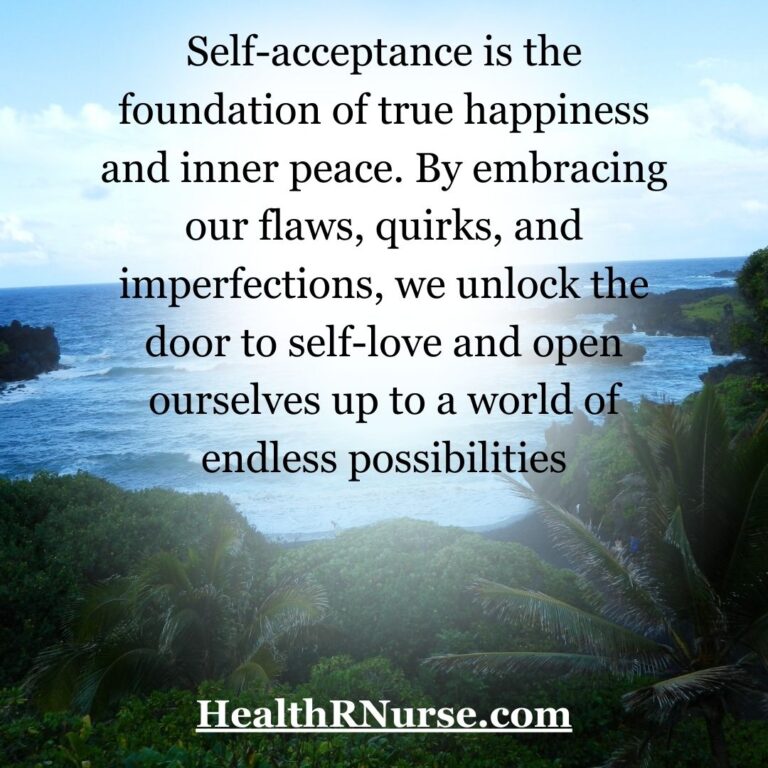Understanding Eating Disorders: Taking Steps Towards a Healthier Relationship with Food

Introduction
In my blogs, I often discuss healthy eating and food choices. It’s important for me to ensure that I convey the right message and avoid inadvertently promoting an unhealthy relationship with food. We must recognize that food is not the enemy; instead, it plays a crucial role in nourishing our bodies and supporting overall well-being.
At the same time, it’s equally important to address the serious issue of eating disorders and raise awareness about their significance. Eating disorders can have a significant impact on an individual’s physical and mental health. Therefore, it’s essential to approach this topic with sensitivity and understanding. By shedding light on the importance of being aware of eating disorders and their potential impact, we can promote a balanced and healthy perspective on food. Let’s emphasize self-care and provide support to those who may be struggling with these challenges.
Understanding Eating Disorders
It’s okay to struggle with your relationship with food. You are not alone. Eating disorders are complex mental health conditions that can affect anyone, regardless of age, gender, or background. Today, I want to shed some light on the different types of eating disorders and offer guidance on seeking help and support.
Eating disorders go beyond just food; they are intertwined with emotions, self-esteem, and control. It’s crucial to understand that these disorders are not simply choices or fads. They are serious illnesses that require compassion, understanding, and professional assistance to overcome.
Anorexia Nervosa
One of the most well-known eating disorders is anorexia nervosa. People with anorexia often have an intense fear of gaining weight, leading to severe calorie restriction and extreme weight loss. They may have a distorted perception of their body image and feel compelled to maintain an unhealthy weight. Physical symptoms of anorexia include fatigue, dizziness, and thinning hair.
Bulimia Nervosa
Bulimia nervosa involves cycles of binge-eating followed by purging behaviors, such as self-induced vomiting or excessive exercise. People with bulimia may feel a lack of control during binge episodes and then experience guilt, shame, and a desire to compensate afterward. Frequent purging can lead to electrolyte imbalances, dental problems, and gastrointestinal issues.
Binge-Eating Disorder
Binge-eating disorder is characterized by recurrent episodes of consuming large quantities of food in a short period, often accompanied by a feeling of loss of control. Unlike bulimia, individuals with binge-eating disorder do not engage in compensatory behaviors. This disorder can lead to obesity, high blood pressure, and heart disease.
Avoidant/Restrictive Food Intake Disorder (ARFID)
Also known as ARFID, this disorder is different from other eating disorders as it primarily involves the avoidance or restriction of certain foods or food groups. Individuals with ARFID may have sensory sensitivities or fears associated with food, causing them to severely limit their diet. As a result, they may experience nutrient deficiencies, stunted growth, and compromised immune function.
Seeking Help and Support
If you or someone you know is struggling with an eating disorder, it’s essential to seek help. Remember, you are not alone, and recovery is possible. Here are a few steps you can take:
- Reach out to your healthcare provider: They can guide you towards appropriate resources and support. They can help you find specialized treatment centers, therapists, or support groups in your area.
- Educate yourself and others: Understanding the signs, symptoms, and consequences of eating disorders can help break the stigma and foster empathy. Share reliable information with your friends and family to promote awareness and support.
- Establish a healthy relationship with food: Focus on nourishing your body with a balanced diet and regular meals. Seek professional guidance to develop a healthy eating plan that suits your needs and preferences.
- Practice self-care and build a strong support system: Engage in activities that bring you joy, reduce stress, and promote self-esteem. Surround yourself with positive influences and confide in friends or family members who can provide emotional support throughout your journey.
- Challenge unrealistic beauty standards: Celebrate diversity and embrace the uniqueness of every body shape and size. Recognize that true beauty lies in self-acceptance, self-care, and respecting the health and well-being of your body.
Self-Care and Self-Love
Practicing self-care involves engaging in activities that promote physical, mental, and emotional well-being. Prioritize activities that bring joy, relaxation, and a sense of fulfillment. This can include engaging in hobbies, spending time with loved ones, practicing mindfulness or meditation, and engaging in regular exercise that feels nourishing rather than punitive.
Additionally, fostering self-love is crucial for building a healthy relationship with one’s body and self-image. It is important to challenge negative thoughts and replace them with positive affirmations. Emphasize the importance of acknowledging one’s strengths and celebrating personal achievements. True beauty comes in all shapes, sizes, and forms.
The Importance of Reaching Out to a Physician
If you suspect that you or someone you know may be struggling with an eating disorder, it’s essential to seek professional help from a physician or mental health specialist. Physicians play a crucial role in assessing physical health, addressing any underlying medical complications, and guiding individuals towards appropriate treatment options.
A physician can conduct a comprehensive evaluation, provide a diagnosis, and develop a personalized treatment plan. Treatment may include therapy, nutritional counseling, medication management, and, in severe cases, hospitalization. Remember, eating disorders require professional expertise and a multidisciplinary approach to ensure comprehensive care and support.
Reaching out to a physician is a crucial step towards recovery. It allows individuals to access the resources and guidance needed to navigate the challenges of an eating disorder effectively. Professional support can provide the necessary tools and strategies to foster lasting change and promote overall well-being.
Conclusion
In conclusion, understanding eating disorders is vital for building a compassionate and inclusive community. By promoting education, empathy, and support, we can help break the stigma surrounding these complex conditions. Emphasizing self-care, self-love, and the importance of reaching out to a physician are integral parts of this journey.
Remember, anyone can be affected by an eating disorder, and it’s crucial to approach this topic with sensitivity and understanding. By fostering an environment of acceptance and support, we can make a positive impact in the lives of those who may be struggling. Together, we can work towards a future where individuals with eating disorders receive the care and compassion they deserve, ultimately promoting overall health, balance, and well-being.

